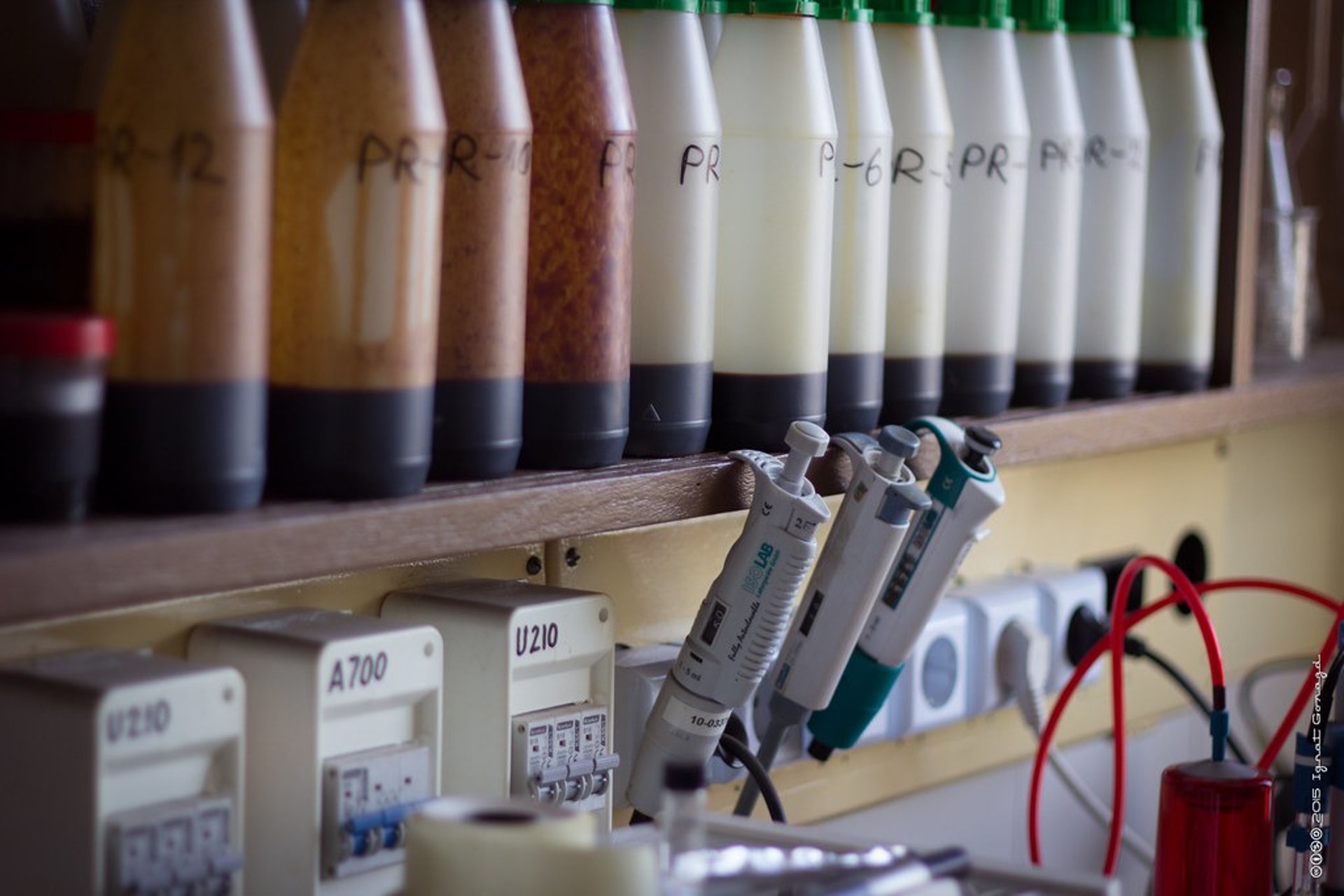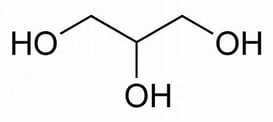
Glycerin: Its Importance for Skin Health
In the realm of skincare, glycerin has emerged as a standout ingredient, lauded for its myriad benefits and versatility. This blog post aims to elucidate the nature of glycerin, its various forms, applications, health implications, and its specific contributions to skin care, particularly when used on the face.
PRODUCT REVIEWS AND RECOMMENDATIONS
Kim Sam
8/2/20243 min read


What is Glycerin?
Glycerin, also known as glycerol, is a naturally occurring compound that is classified as a sugar alcohol. It is a colorless, odorless, viscous liquid characterized by its sweet taste. Glycerin is derived from various sources, the most common being the saponification of fats or oils during soap production, and it is a byproduct of biodiesel production. Its chemical formula is C3H8O3, indicating that it comprises three carbon atoms, eight hydrogen atoms, and three oxygen atoms.
In the skincare industry, glycerin is celebrated for its exceptional humectant properties. This means it can attract water from the environment into the skin, helping to retain moisture, which is vital for maintaining healthy, hydrated skin.
Different Types of Glycerin
Glycerin can be categorized into several types based on its source and processing methods:
Vegetable Glycerin: Sourced from plant oils, such as palm, coconut, or soy, this form of glycerin is commonly used in cosmetics and personal care products. It is often preferred for its natural origin.
Synthetic Glycerin: Produced through chemical processes, synthetic glycerin may not have the same therapeutic properties as its natural counterparts. However, it is still widely used in the manufacturing of various products.
Pharmaceutical Grade Glycerin: This type is highly purified and meets specific regulatory standards for use in medical preparations. It is generally regarded as safe for medicinal purposes and is used in formulations for cough syrups, elixirs, and topical treatments.
Food-Grade Glycerin: This glycerin is suitable for consumption and often used as a sweetener or preservative in food products. It must adhere to stringent safety standards to ensure its quality for ingestion.
Where is Glycerin Used?
The application of glycerin is diverse, with its presence felt in various sectors:
Skincare Products: Glycerin is a staple in lotions, creams, cleansers, and serums due to its moisturizing properties. It is often included in formulations aimed at treating dry skin and eczema.
Hair Care Products: Shampoos and conditioners frequently contain glycerin, as it helps to moisturize hair and reduce frizz.
Makeup: Glycerin can be found in makeup products, particularly those designed for hydration and long-lasting wear.
Medicinal Formulations: Cough syrups, topical ointments, and other pharmaceutical products often incorporate glycerin due to its soothing properties.
Which Glycerin is Beneficial to Health?
Vegetable and pharmaceutical-grade glycerin are typically considered beneficial for health, primarily due to their natural origins and high purity levels. These forms are safe for topical application, ingestion, and are less likely to cause adverse effects. Vegetable glycerin, in particular, is favored for skincare products targeting hydration and skin barrier repair.
Which Glycerin is Not Beneficial to Health?
Synthetic glycerin, while commonly used, may not have the same health benefits as natural glycerin. There have been concerns regarding the impurities that can sometimes be present in lower-grade synthetic glycerin. Therefore, it is essential to choose high-quality products that specify their glycerin source like Bloating and Gas, Diarrhea, Headache, Hyperglycemia (high blood sugar)...[1]
Glycerin can cause burning and stinging if it comes into contact with the eye.[3]
How Applying Glycerin to the Face Can Help
Applying glycerin to the face can confer numerous benefits, including:
Intense Hydration: As a powerful humectant, glycerin draws moisture from the air and helps to retain it in the skin, promoting plumpness and softness.
Improved Skin Barrier Function: Glycerin aids in strengthening the skin's natural barrier, making it more resilient to external aggressors and minimizing transepidermal water loss.
Soothing Properties: Glycerin can help calm irritated skin, making it suitable for sensitive or problematic areas, such as those affected by eczema or dermatitis.
Enhanced Absorption of Other Ingredients: When combined with other skincare actives, glycerin can enhance their absorption, thereby improving the overall efficacy of skincare routines.
Non-Comedogenic: Glycerin does not clog pores, making it an ideal ingredient for individuals with acne-prone skin.[2]
Summary
In conclusion, glycerin is a multifaceted ingredient of significant importance in skincare. Its ability to attract and retain moisture, along with its myriad applications across various industries, places it at the forefront of both cosmetic and medical uses. When selecting glycerin for health or skincare purposes, it is advisable to opt for vegetable or pharmaceutical-grade types to ensure safety and efficacy. By utilizing glycerin as part of a skincare regimen, individuals can benefit from improved hydration, barrier function, and overall skin health. With a deeper understanding of the ingredient's properties and applications, consumers can make informed decisions that enhance their skincare routines and overall well-being.
Uses of Glycerin
Glycerin finds usage across a multitude of industries, including:
Cosmetics and Skincare: As a humectant, glycerin is a common ingredient in moisturizers, creams, lotions, and serums. It enhances hydration, improves skin barrier function, and helps in the absorption of other active ingredients.
Pharmaceuticals: Glycerin serves both as a solvent and as a sweetening agent in cough syrups and other medicinal formulations.
Food Industry: Often used as a sweetener and preservative, glycerin is found in processed foods, ensuring moisture retention and extending shelf life.
Industrial Applications: Glycerin is utilized in the production of antifreeze, plastics, and in the leather and textile industries.




